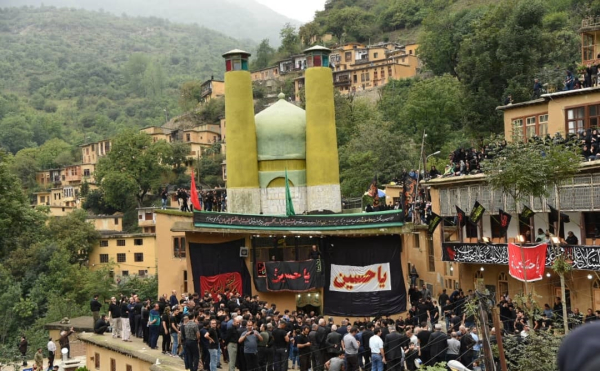 The latest round of nuclear talks between Iran and six world powers ended on Friday in Vienna, with Iranian officials saying that progress was slow and difficult.
The latest round of nuclear talks between Iran and six world powers ended on Friday in Vienna, with Iranian officials saying that progress was slow and difficult.
A senior American official, speaking on the condition of anonymity to discuss diplomatic negotiations, said that Iran needed to be more realistic in the talks.
Iran's deputy foreign minister, Abbas Araghchi, told Iranian news media that "there was no tangible progress in this round of the talks" and that differences were too large to begin drafting an accord. But he said that the talks would continue next month.
The American official agreed with Araghchi that "significant gaps" remained after three days of talks. "Iran still has to make some hard choices," the official said. "We are concerned that progress is not being made and that time is short."
"We will have one or two more rounds of talks in June. Talks will continue," Araqchi added.
A senior European diplomat said that "we had expected a little more flexibility on their side."
Iranian officials, for their part, said that "the West has to abandon its excessive demands," and that "we had expected the Western side to become more realistic, but this doesn't appear to be the case yet."
The two sides had set a July 20 deadline to resolve their differences, although a temporary agreement late last year incorporated the possibility of another six-month extension, which seems likely.
The five permanent members of the United Nations Security Council, plus Germany, want a deal that would ensure that Iran's enrichment capability was so constrained that it could not "break out" quickly to produce enough fissile material for a bomb, whether made from uranium or plutonium. They want intensive inspections and tough restrictions on enrichment to ensure that Iran cannot secretly build a nuclear bomb.
Iran, which has regularly denied that it desires a nuclear weapon, wants economic sanctions against it lifted and recognition that it can continue to enrich uranium for what it asserts are peaceful uses: medicine and electricity. But the six powers want severe restrictions on the number and type of centrifuges Iran can possess - an issue that one American official characterized before this round of talks as "the sticker-shock conversation."
Araghchi said that the two sides would have "one or two more rounds of talks in June," but no date for another round was set in Vienna.
Negotiators have characterized the talks, which have included separate discussions among technical experts, as cordial and workmanlike, with little rhetorical speechmaking.
Iranian officials have spoken of their desire to expand their enrichment capacity to 50,000 centrifuges of the most modern type, compared with the 19,000 currently installed, some of them outmoded, of which 10,000 are operating.

















